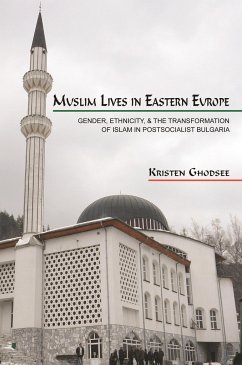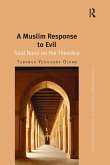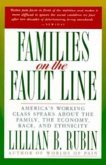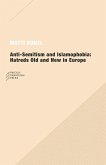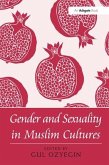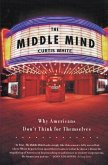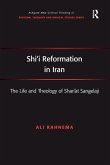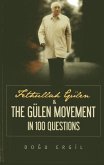"Finally, a thoughtful case study of the influence of Islamic aid organizations among the Muslim minority populations in Eastern Europe and the Balkans. Kristen Ghodsee describes the changes that have taken place in the practice of Islam among the Pomaks, the indigenous Slav Muslims of Bulgaria. Her book reads like a detective story of why the Muslims of one particular town turned toward the new orthodox and 'foreign' Islam of mainly Saudi-inspired imams and proselytizing aid workers. A much-needed contribution."--Tone Bringa, author of Being Muslim the Bosnian Way "Ghodsee's patient ethnography allows her to explore in rich detail the encounter between postcommunist Bulgaria and 'orthodox' Islam. In her hands, the abstract concept of agency takes on compelling specificity, as she shows the women and men of the Rhodope region adapting Muslim beliefs and practices to their own needs, with striking implications for gender relations. This study will prove illuminating not just to area specialists but to all those seeking to understand the nature and appeal of religion in postmodern spaces."--Sonya Michel, Woodrow Wilson International Center for Scholars "Muslim Lives in Eastern Europe provides a nuanced perspective on social and economic change in postcommunist Bulgaria and a crucial ethnographic lens onto changing religious practices and gender norms among Pomak Bulgarians."--Lara Deeb, University of California, Irvine "Ghodsee's book contains important lessons for scholars and policymakers striving to understand how and why some Muslims in postsocialist states are adopting more orthodox lifestyles, why they are doing so at this particular juncture, and what sorts of internal and external factors informed their decision. I truly enjoyed reading Muslim Lives in Eastern Europe, and learned a great deal."--Donna A. Buchanan, University of Illinois, Urbana-Champaign
Hinweis: Dieser Artikel kann nur an eine deutsche Lieferadresse ausgeliefert werden.
Hinweis: Dieser Artikel kann nur an eine deutsche Lieferadresse ausgeliefert werden.

